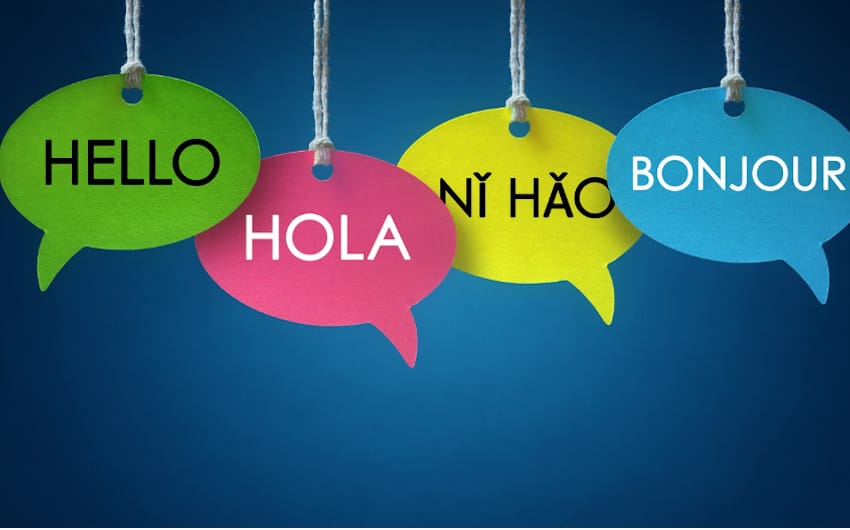Why it is Good for Your Child to Learn a Second Language: Advice from a Mary Esther Licensed Childcare Provider
A child can pick a new language effortlessly up until the age of four.
If you think about how much they have to learn in those early years, their brains are sponges for new information. If you throw in a second language, they will simply take it in along with all the thousands of other things.
Any licensed childcare provider can tell you; a child’s brain builds neural connections for understanding and absorbing languages until the age of four. This means that up until that age, languages are acquired easily and intuitively. It’s not impossible to learn a new language thereafter, it’s just harder, and takes more effort.
So, let’s go over the advantages of letting your child learn a second language at an early age in Mary Esther.
The Advantages of Learning a Second Language
Apart from being able to communicate with a wider group of people, learning a second language as a toddler has surprising benefits for a child’s intellect, creativity, social outlook, and even their future.
Creativity and Academic Achievement
Children who grow up speaking two languages tend to be more creative than those who are fluent in one. This stems from switching rapidly between using the left and right sides of the brain.
As more communication happens between the two sides, brain function becomes more fluid and quicker as neural connections are formed. This has the effect of allowing them to process information quicker, be more aware of their surroundings, and focus for longer periods.
To learn a second language at a young age also increases a child’s memory capacity, which benefits them throughout their academic studies.
Acceptance of Other Cultures
Bilingualism creates an awareness of other cultures that develops into empathy and tolerance. Mary Esther is a melting pot, and language is a bridge-builder. Being able to speak foreign languages means communicating with someone in their own language. Common language is an easy way to building friendships.
Employment Prospects
While you’re not likely considering your three-year-old’s future job prospects just yet, you can rest assured that being fluent in a second language will help him find work in his chosen field. Being bilingual and able to speak a foreign language is attractive to a prospective employer.
Adult Benefits of Early Bilingualism
A bilingual child has a well-exercised brain, with numerous active neural connections. A healthy brain will help them stay sharp into adulthood. It will also help the delay of early onset of Dementia and Alzheimer’s in their senior years.
How Old is Too Old?
You can learn a new language at any age. While you’re never too old to embrace the challenge, the older you are, the more effort and perseverance it will take.
Second Language Learning – The Sooner the Better
For young children, learning and playing are the same things. Everything they do is a game, and everything they play teaches them important life skills. Learning a second language at a young age is as natural as breathing to them, they’ll take it in their stride without giving it a second thought.
If you’ve enjoyed this article, feel free to browse our blog for more helpful information on raising healthy, happy, children in the Mary Esther area.


